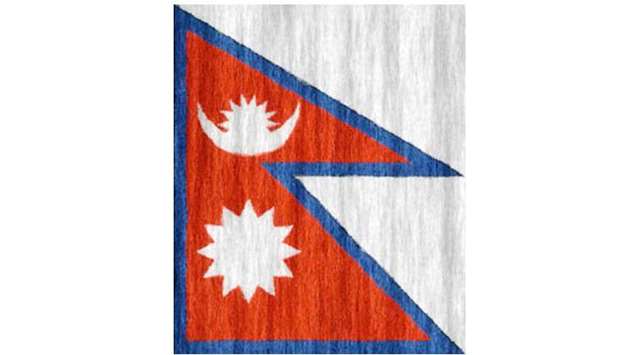The Department of Homeland Security (DHS) said a review of conditions in Nepal since the disaster showed they have improved and no longer support the “temporary protected status” (TPS) given to Nepalis.
“Since the 2015 earthquake, conditions in Nepal have notably improved. Additionally, since the last review of the country’s conditions in October 2016, Nepal has made substantial progress in post-earthquake recovery and reconstruction,” DHS Secretary Kirstjen Nielsen said in a statement.
As a result, “Nepal can now adequately manage the return of its nationals.” Nepalis with TPS have until June 24, 2019 to return.
Advocates for the Nepali community disagree, saying the current conditions of the country render it incapable of re-absorbing its citizens.
“It is clear that in the three years since the earthquake, Nepal is still very much in recovery mode,” Pabitra Khati Benjamin, executive director of Adhikaar, a New York-based human rights organisation that serves Nepali speakers, said in a statement. “Less than 13.3% of the homes affected have been rebuilt. Yes, the country is functioning but that is in part as a result of TPS holders sending money back home to rebuild. Terminating TPS for Nepal is not just wrong but immoral.”
The 12-month reprieve is not enough, he said.
Immigration advocates have heavily criticised the administration’s decisions to rescind TPS, particularly for people from Haiti and El Salvador, arguing that racial animus has been the deciding factor, not disaster recovery. A country’s designation lasts six to 18 months and is renewed at the discretion of the executive branch.
The administration has extended the status of three countries — Syria, South Sudan, and Honduras, though Hondurans were put on notice in November that “it is possible” their protections could end in six months. The deadline to determine whether nearly 60,000 Hondurans will have their status renewed is scheduled for early next month.
As part of its crackdown on illegal immigration, the administration of US President Donald Trump has been reviewing, and mostly cancelling, TPS programmes for people of several nationalities allowed to remain in the country over long periods while their own homelands wrestled with disaster recovery.
In January around 200,000 Salvadorans were given an 18 month warning that they would lose protected status in place since the country was hit by two massive earthquakes.
And in November last year around 59,000 Haitians permitted to stay since the Caribbean island’s 2010 earthquake were told they would have to leave in 18 months.
TPS is also ending for Nicaragua and Sudan, while protections for South Sudanese immigrants have been extended until May 2019.
Other countries still under review include Honduras, Syria and Yemen.

